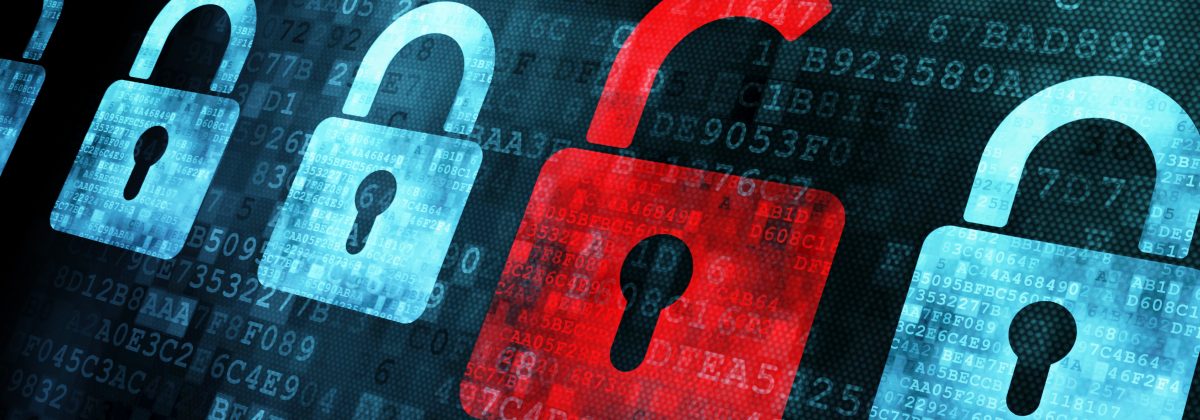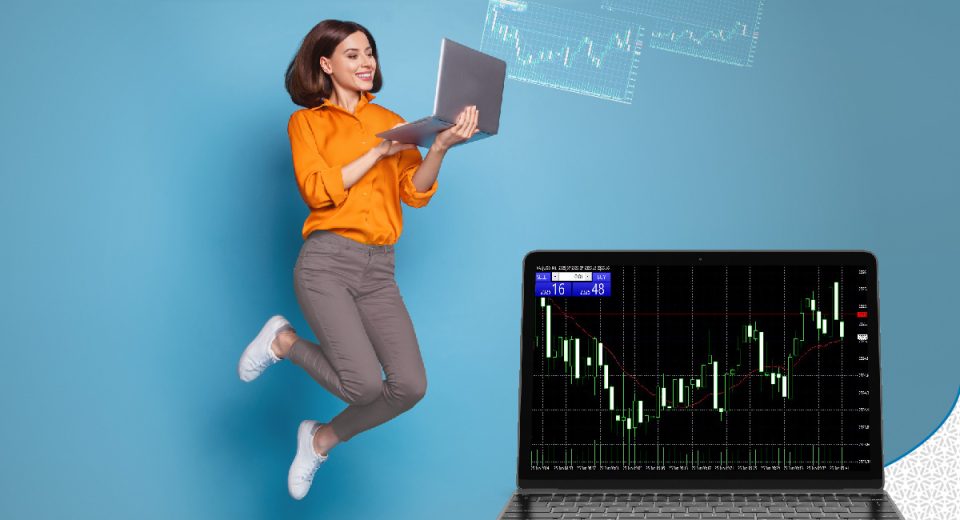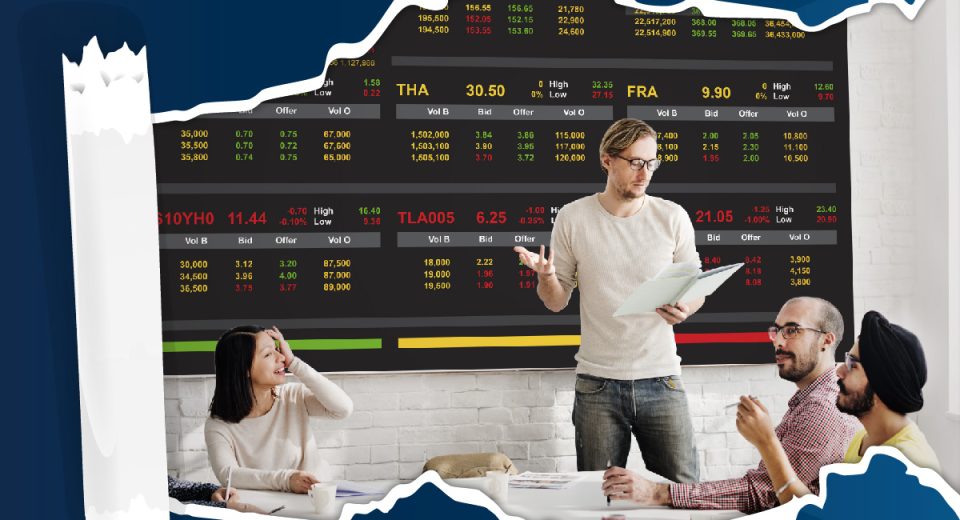Cybersecurity and Cryptocurrencies: Are They Aligned?

Crypto mining malware and cryptojacking are new concepts that could prove to be hurdles to the growth and acceptance of cryptocurrencies. While the concept of digital currency has taken the world by storm, with everyone from investment banks to companies to individual investors and even regulatory agencies talking about them, cybersecurity issues arising due to crypto mining malware are also being widely discussed. The fact that cryptocurrencies are largely untraceable and transactions in them irreversible has thrown up serious security concerns for investors as well as organisations using them for their transactions.
While organizations like Facebook and Google have banned all advertisements related to cryptocurrencies, ICOs and wallets, to deal with the threat of scams, a lot more still needs to be done in terms of security. Investors too need to exercise a lot of caution and avoid falling into traps laid by scamsters.
Cryptos: Rising Popularity Spawns Threats
2017 was a phenomenal year for the growth of cryptos, with the popular digital currencies registering stupendous gains. While many of these currencies have been on a downtrend so far in 2018, the overall sentiment for them appears bullish because more and more people are interested in buying altcoins for speculative reasons. Increasing acceptance of blockchain technology, the basis for cryptos, is also fueling demand and pushing up crypto values. But one thing that has raised concerns is the security of these cryptos. With instances of crypto exchange websites and wallets being hacked, investor concerns about the security of their crypto assets cannot be ignored. The good news is that the world is taking notice of this need and efforts are being made to safeguard the interests of investors and traders.
Trading in cryptocurrencies, especially for investors who intend to buy and hold, means storing their crypto assets somewhere, whether at the exchange or an online or offline wallet. Since there is no physical currency involved, a wallet for cryptos refers to a software programme that stores private and public keys and interacts with the blockchain to allow users to send and receive digital currency and monitor their balance. Basically these wallets authenticate the holder’s credentials before allowing any kind of transactions. While the user’s public key is the address to which anyone can send cryptocurrency, the private key allows users to spend funds from that address. To avoid the misuse of cryptos or their wrongful transfer, investors need to be careful and follow adequate security measures.
Another major threat that has emerged from the popularity of cryptos is the act of cryptojacking or illicit mining of a cryptocurrency. Security provider firm Check Point found that more than 50% of businesses across the world were affected by crypto mining attacks in December 2017. Illicit crypto mining refers to instances when attackers leverage software that uses the processing power of victims’ systems to mine for cryptocurrency. Such threats can be dealt with by ensuring that the systems or the wallets and exchanges that one is dealing with are secure and using adequate measures to safeguard the information of users.
Instances of hacking of crypto trading platforms have become common, raising concerns about the safety of investors’ holdings. As cryptocurrencies become more popular, concerns about criminals using them to camouflage their illicit activities like laundering of funds have risen. Regulatory agencies and governments across the globe are trying to develop appropriate legal structures and norms to govern cryptos, but investors in cryptos too need to take precautions while carrying out transactions in digital currencies.
Keeping Cryptos Safe
The Mt. Gox fiasco, where hackers managed to steal $350 million in Bitcoins has definitely spurred the growth of cybersecurity firms, with at least 62 companies being founded since 2015, of which 28 are dedicated to cryptocurrency. And, while digital currency might be safer than traditional currency, there are some things that you can do to keep your crypto assets safe, such as:
- Two Factor Authentication: Before you open an account on any online crypto platform, the first thing you should do is check if they offer two-factor authentication. This is a two-step process that adds an additional layer of protection against cyber criminals. Whenever you account is being accessed, a unique 6-digit code will be generated and sent to you on your smartphone. This means that even if a hacker tries to get into your account, without your unique code, they will fail.
- Password: By now, this should be a rather obvious measure. The stronger the password, the higher the level of protection for your assets. Make sure your password isn’t similar to or even associated with any other passwords you might be using currently. And, don’t just stop at making them alphanumeric, add special characters too, if possible.
- Separate Encrypted Email Account: It is recommended to create a new email account with an encrypted email services provider and use this for all your crypto-related communications. And, while there might be some services offering free encrypted accounts, it might be well worth the investment to choose a paid-for account because it will come with premium features and better protection.
- Ad Blocker: This is software that will keep your device, whether it is a computer or a mobile device, safe from malware and cyber-attacks. Using ad blocker software has been shown to significantly reduce risk.
Apart from all this, make sure that you verify the URL of a site before you provide any personal information online. Cryptos are vulnerable to phishing attacks too, which can be avoided by checking whether the web address is actually of a credible site.
Disclaimer
If you liked this educational article please consult our Risk Disclosure Notice before starting to trade. Trading leveraged products involves a high level of risk. You may lose more than your invested capital.




